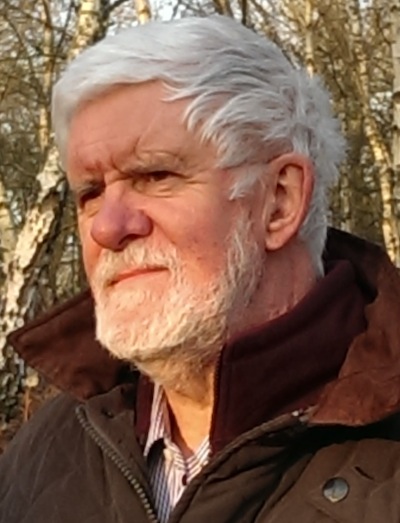Author interview - Antoine Vanner
Today I am delighted to welcome Antoine Vanner to the blog, who has kindly answered a number of interview questions. This is a follow-on to my review of Britannia’s Shark (http://richardabbott.authorsxpress.com/2015/02/05/review-britannias-shark-by-antoine-vanner/) a few days ago
Antoine is the author of (to date) three novels on the life and exploits of a Royal Navy captain of the late 19th century, Nicholas Dawlish.



I have reviewed each of these at
- Britannia’s Wolf (https://www.goodreads.com/review/show/644942489)
- Britannia’s Reach (http://richardabbott.authorsxpress.com/2014/03/05/review-britannias-reach/)
- Britannia’s Shark (http://richardabbott.authorsxpress.com/2015/02/05/review-britannias-shark-by-antoine-vanner/)
Q. You write about an unusual period in naval fiction – the late 19th century. What first sparked your interest in this era?
A. There are two parts to the answer, the first related to the period and the second to the naval aspects.

I’m fascinated by the political, social and economic progress made by the Western World in the second half of the 19th century and I’m equally intrigued by the gigantic steps taken by science and technology at the same time. Like most Baby Boomers I
A parallel revolution occurred in naval technology and it was to have profound political and historic implications not fully recognised at the time. In the 1850s, for example, senior commanders had served in sailing warships in the Napoleonic Wars. Yet officers who entered the service in that decade – such as the later Admiral Lord Fisher – were to create the navy that fought World War 1. They had the vision during their careers to harness developments in metallurgy, hydrodynamics, propulsion, breech-loading artillery, radio, torpedoes and even aircraft. New navies were to arise to challenge British supremacy – those of Germany, Japan and the United States – and in the process contribute to a slide towards the two World Wars in the 20th Century.had grandparents who had been born and had come to maturity in the last decades of that century and from them I learned enough to regard it as “history you can touch”. The scientific progress – achieved by titanic figures like James Clerk Maxwell, Pasteur, Mendeleev, Darwin, Röntgen, Koch, Ronald Ross, Lord Kelvin and a myriad others – transformed understanding of the world and heroic engineers – such as Edison, Tesla, Marconi, Parsons, Bell, Bessemer, Roebling, Greathead, Bazalgette and many more – established technologies that have flourished and spun off further developments ever since.
Read the rest at http://richardabbott.datascenesdev.com/blog/index.php/2015/02/08/author-interview-antoine-vanner/
When you subscribe to the blog, we will send you an e-mail when there are new updates on the site so you wouldn't miss them.


Comments